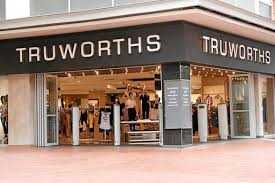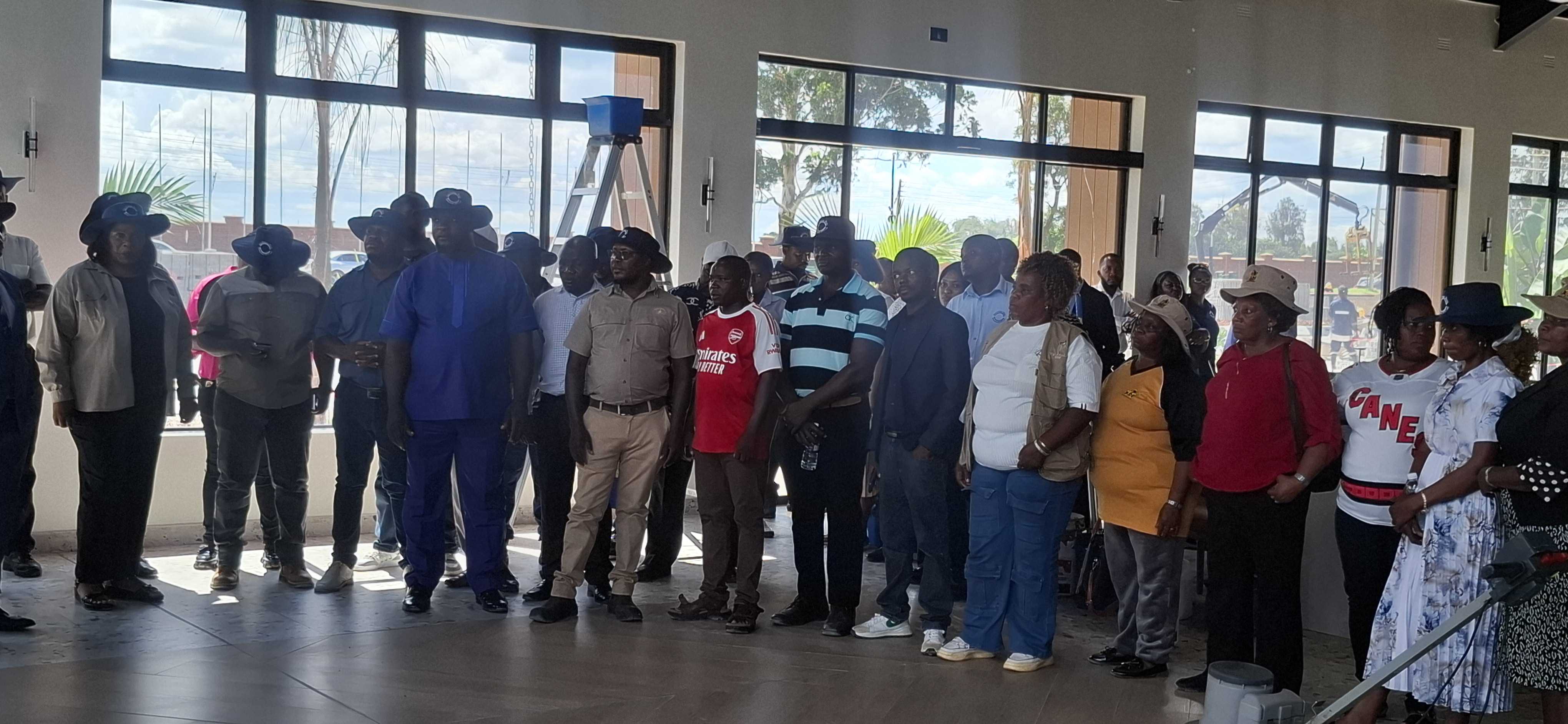
Audrey Galawu
Assistant Editor
Truworths was placed under corporate rescue just five months after voluntarily suspending the trading of its securities on the local stock exchange. The company has entered corporate rescue in an attempt to resolve its financial difficulties.
Crowe Advisory (Pvt) Ltd, the appointed Corporate Rescue Practitioner, announced the development stating: “This notice serves to advise that, with effect from 7th August 2024, Truworths Limited and its subsidiaries, namely Topics Stores (Private) Limited and Bravette Manufacturing Company (Private) Limited, were placed under corporate rescue in terms of Section 122 of the Insolvency Act [Chapter 6:07]."
Truworths has faced significant risks and threats to its viability over the past few months, as evidenced by the closure of several branches across the country. The retailer attributed these challenges to its inability to compete with the informal economy, which has resulted in an influx of cheap and counterfeit imports sold below manufacturing costs.
“The second-hand clothing business has also led to decreased productivity at Truworths Limited outlets,” said CEO Bekithemba Ndebele in an interview with Africa Report.
Truworths requires a comprehensive overhaul to address the deeper issues plaguing the business, according to investment analyst Slyvester Mupanduki.
The informal economy, particularly the second-hand clothing market, has been a significant obstacle, with the company unable to compete effectively.
"High unemployment levels and low disposable incomes, exacerbated by inflation, have negatively impacted sales volumes, with customers turning to the informal market where prices are more competitive," Ndebele added.
Economist Vince Musewe noted that the informal sector now dominates the clothing market, especially with imported second-hand goods.
"It’s also a matter of pricing and affordability. People get more for their dollar in the informal sector," he said.
Economist Dr Prosper Chitambara echoed these sentiments, stating that the primary challenges for Truworths and other major retailers stem from the competitive pressures of the informal sector rather than poor financial decisions.
Related Stories
"Formal businesses face higher cost structures due to national and local taxes. The informal sector's cost advantages present formidable competition, but I don’t believe Truworths' problems are due to bad investment choices."
Chitambara further suggested that formal businesses could develop products and models tailored to lower-income consumers, although even this would not fully resolve the competition posed by the informal market.
Business leader Busisa Moyo highlighted the problem of informal traders, particularly those selling second-hand clothes, often referred to as "mabhero."
These traders create significant competition for formal retailers, with items sold at much lower prices. For instance, a shirt may sell for US$5 at a flea market compared to US$20-$30 in a formal store.Moyo further emphasized that cheap imports from China, often entering Zimbabwe without duty or VAT, are flooding the market, adding to the woes of local retailers.
“The cotton-textile industry lacks a strong lobby and is vulnerable on multiple fronts, even if they get it right,” he remarked, stressing the importance of institutional and legal reforms to address the issue.
According to the Confederation of Zimbabwe Industries, the country has a demand for approximately 80 million garments annually, but only 20 million are locally manufactured. Additionally, nearly 90% of new clothing imports are exempt from duty.
Last year, African ministers under the African Continental Free Trade Area passed a protocol to ban second-hand clothing in a bid to advance industrialization and value addition in the textile sector.
Truworths South Africa Performance
While Truworths Zimbabwe is struggling, Truworths South Africa performed well, generating over R19.9 billion in revenue in 2023 (US$0.5 billion).
The company continues to facilitate customer purchases through various methods, including lay-bys and in-house credit products. In-house credit has been a crucial factor, enabling customers to purchase higher-quality fashion despite limited access to traditional credit options.
By adhering to strict credit-granting criteria, Truworths SA has grown its active accounts to 2.8 million. Impressively, they received 5.4 million new credit applications in the past financial period, with 840,000 new accounts opened—the highest ever recorded.
Group retail sales also increased by 11.4%, surpassing R20 billion for the first time.Earlier in the financial year, Truworths acquired Bonwit, an exclusive ladieswear design center and long-standing supplier. The integration of Truworths, Barrie Cline, and Bonwit design departments into the Truworths Africa Design Division is expected to streamline the product design process and allow the company to respond more quickly to changing fashion trends.



















Leave Comments